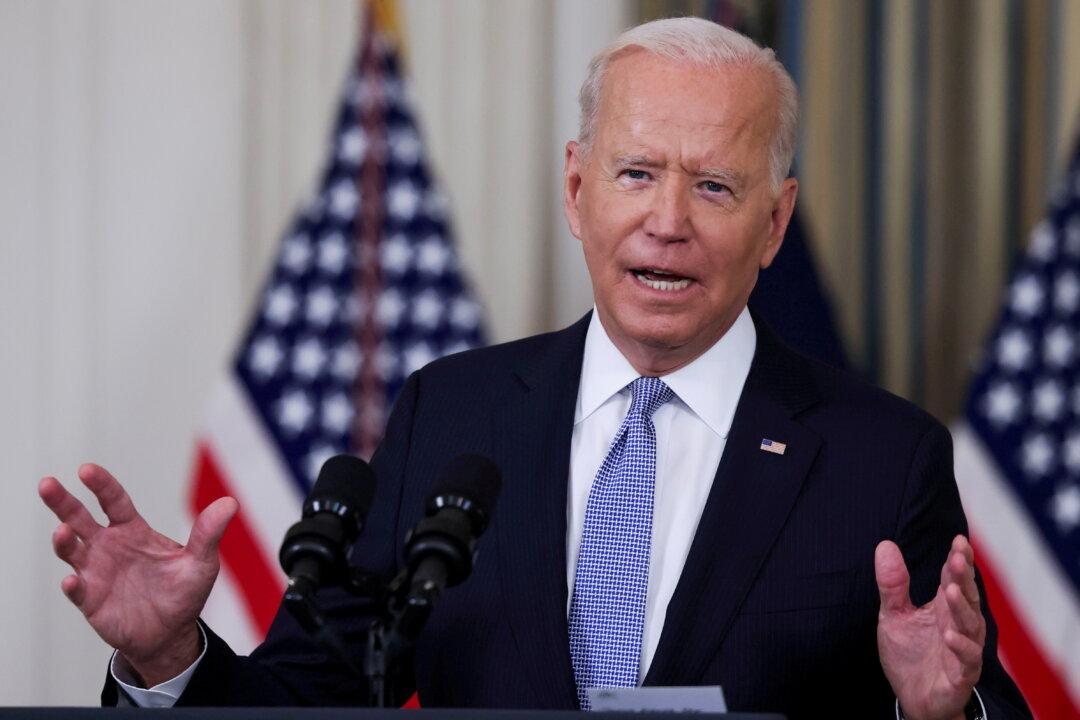President Joe Biden’s Build Back Better spending plan would raise taxes on middle-class Americans, according to a study released Thursday, despite the president’s pledge that taxes would only increase for Americans earning $400,000 or more per year.
The Tax Policy Center study instead revealed a significant percentage of middle-income households would pay increased taxes in 2022 based on the current legislation.





